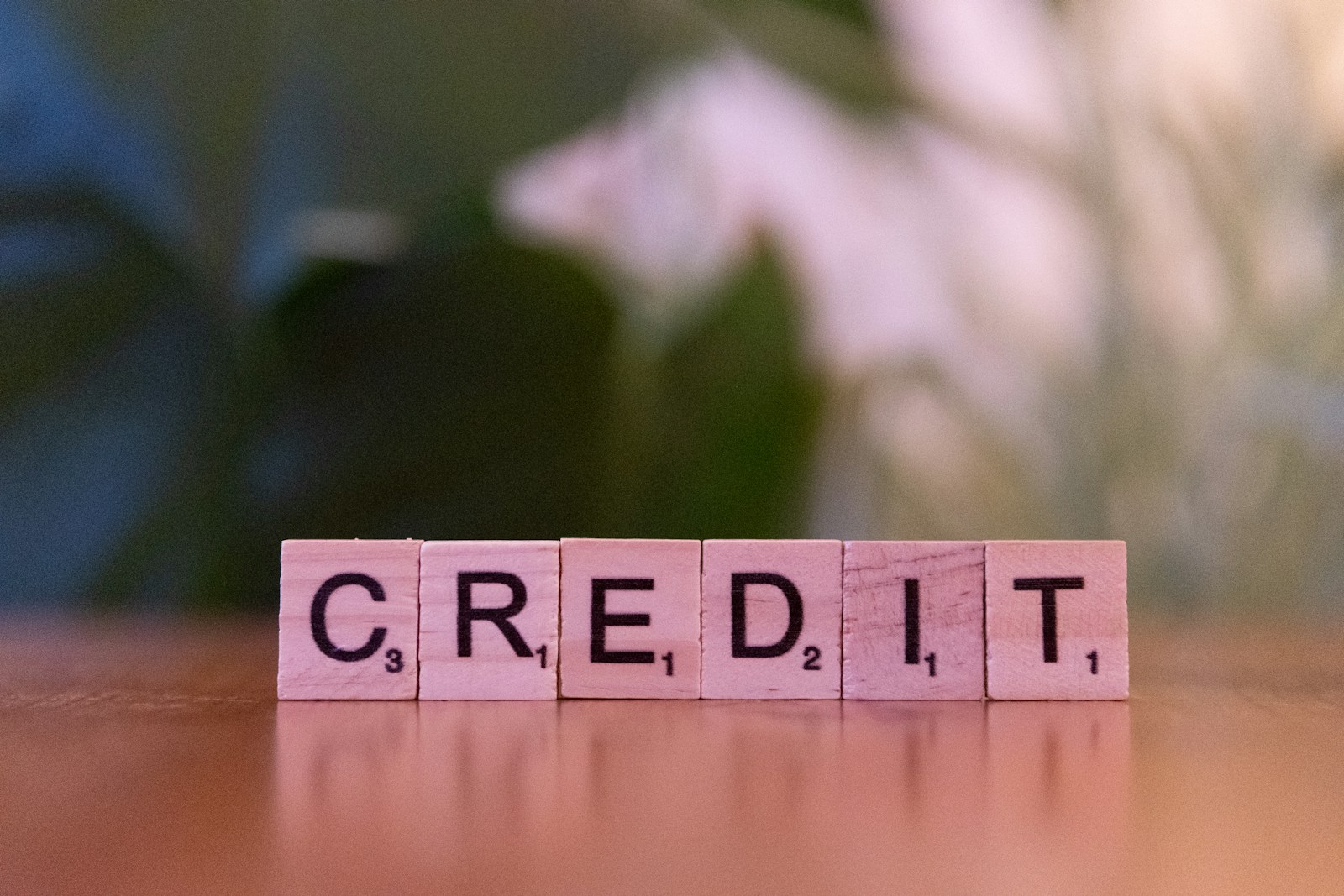What Are Loans and Credit?
Credit is essentially the ability to borrow money or access goods or services with a promise to pay later. When you use credit, you’re trusting lenders like banks, credit card companies, or other financial institutions will get repaid within agreed timelines with any interest.
A loan is a specific amount of money you borrow and agree to pay back over time, usually in monthly installments plus interest.

Real-Life Situation: Sarah’s Homebuying Journey
Sarah dreamed of owning a home since college, but saving the full price seemed impossible. She took out a mortgage loan, making manageable monthly payments over 30 years. The loan enabled her to reach her dream much earlier than saving cash alone. Her story is a classic example of leveraging credit responsibly to achieve major life milestones.
Types of Credit and Loans: What You Should Know
| Type | Description | Typical Use | Secured? | Interest Rate |
|---|---|---|---|---|
| Credit Cards | Revolving credit with limits; minimum payments due monthly | Everyday purchases | No | High (variable) |
| Personal Loans | Lump sum with fixed repayment schedule | Debt consolidation, big purchases | Usually no | Medium |
| Mortgage Loans | Financing for buying homes | Home purchase | Yes (property) | Low (fixed/variable) |
| Auto Loans | Vehicle financing | Car/truck purchase | Yes (vehicle) | Low-medium |
| Student Loans | Education funding | College expenses | No | Federal low or private rates |
| Payday Loans | Short-term, high-interest loans | Emergency cash needs | No | Very high |
How Credit Works: The Building Blocks
Your credit score is a numeric summary of your creditworthiness, ranging approximately from 300 to 850. It factors in:
- Payment history (35%) — Do you pay on time?
- Amounts owed (30%) — How much credit are you using compared to your limits?
- Length of credit history (15%) — How long have your accounts been active?
- Credit mix (10%) — Variety of credit types (credit cards, loans).
- New credit applications (10%) — How many recent inquiries or new accounts?
Maintaining a good credit score (usually 700 or higher) means better loan approvals and cheaper interest rates.
Using Credit Wisely: Top Tips
- Pay bills on time every time. Late payments cause score drops and penalties.
- Keep credit utilization below 30%. For example, if your card limit is $5,000, try not to carry a balance over $1,500.
- Avoid opening many new credit accounts at once. It can signal risk to lenders.
- Check credit reports annually. Errors happen; disputing inaccuracies prevents damage.
- Use credit to build credit. Thoughtful use improves scores over time.
Real-Life Story: Mark’s Credit Rebuild
After a rough patch and bankruptcy, Mark feared credit would never be on his side. Starting slow, he secured a secured credit card—a card backed by a deposit he made—and used it sparingly. Over three years of timely payments and low usage, his score climbed from under 500 to over 720, opening doors to conventional loans and rentals.
Loans: Managing What You Borrow
Before You Borrow
- Know your need clearly. Borrow only for worthwhile goals (home, education) or emergencies.
- Understand terms fully: interest rates, fees, prepayment penalties.
- Compare lenders: shop for the best rate and conditions.
- Calculate total cost: longer terms might lower payments but increase total interest.
Managing the Loan
- Make payments on time. Set reminders or automate payments.
- Pay extra when possible. Even small additional payments reduce total interest.
- Refinance smartly. When interest rates drop or financial situations improve.
- Avoid rolling debts into bigger loans unless it reduces cost & risk.
Loan Repayment Strategies
| Strategy | How It Works | When To Use |
|---|---|---|
| Avalanche Method | Pay off highest interest debts first | Minimizes overall interest |
| Snowball Method | Pay off smallest loans first for quick wins | Builds motivation |
| Bi-Weekly Payments | Split monthly payment in half, pay every 2 weeks | Shortens loan duration, saves interest |
| Debt Consolidation | Combine multiple loans into one at lower rate | Simplify payments, reduce cost |
FAQ: Loans and Credit
Q: Will applying for many loans hurt my credit?
A: Multiple hard inquiries in a short time can lower your score. Space out applications and shop rates within a focused time window, such as 14-45 days.
Q: What if I miss a loan payment?
A: Contact your lender immediately. Late payments damage credit and may incur fees. Some lenders offer hardship programs.
Q: Can I pay off a mortgage early?
A: Yes, but check for prepayment penalties. Most loans allow partial prepayments that reduce principal and future interest.
Q: How much credit card debt is too much?
A: Experts recommend keeping utilization under 30%. Higher balances risk your credit score and increase financial strain.
Q: What is a secured credit card?
A: A card backed by a cash deposit, useful for building or rebuilding credit. Deposit equals spending limit.
Personal Touch: Taking Control of Your Financial Journey
When Amanda decided to fund her master’s degree, she was nervous about loans. She researched federal and private student loans, chose a manageable amount, and built a repayment plan. During school, she worked part-time and set aside small funds. Years later, her steady borrower habits helped her secure a competitive mortgage loan, turning her education investment into a stepping stone for homeownership.
Call to Action
Loans and credit are tools, not traps—used wisely, they open doors. Take control by reviewing your credit reports today, understanding your debt, and planning a clear repayment strategy. Whether you’re applying for your first credit card or managing multiple loans, a little knowledge and discipline today can protect your financial tomorrow.
